
Enchanting El Houria: The Heart of Tlemcen
El Houria is a charming neighbourhood nestled in the historic city of Tlemcen, Algeria. Known for its picturesque streets and vibrant atmosphere, El Houria offers a unique blend of traditional Algerian culture and modern conveniences. As you wander through its narrow lanes, you'll be greeted by the sight of beautifully preserved Moorish architecture, with intricate tile work and stunning facades that speak of a rich history. The neighbourhood is a treasure trove for history buffs and culture enthusiasts. Key landmarks include the Great Mosque of Tlemcen, a masterpiece of Almoravid architecture, and the ancient El Mechouar Palace, which once served as a royal residence. The local souks are a sensory delight, where you can find an array of colorful textiles, handmade crafts, and aromatic spices. In addition to its historical allure, El Houria is also a culinary hotspot. Sample traditional Algerian dishes such as couscous and tagine at one of the many local eateries. Don't miss the chance to enjoy a cup of mint tea at a cozy café while watching the world go by. Evenings in El Houria are particularly magical, with the streets coming alive with music and dance, offering an authentic glimpse into the local way of life.
Local tips in El Houria
- Visit the Great Mosque of Tlemcen early in the morning to avoid crowds and enjoy peaceful moments.
- Wear comfortable shoes as the streets of El Houria are best explored on foot.
- Bring cash, as many local vendors in the souks do not accept credit cards.
- Try to learn a few basic phrases in Arabic or French; locals appreciate the effort and it can enhance your experience.
- Evenings are lively with local music and dance; make sure to stay around to experience the vibrant nightlife.
Enchanting El Houria: The Heart of Tlemcen
El Houria is a charming neighbourhood nestled in the historic city of Tlemcen, Algeria. Known for its picturesque streets and vibrant atmosphere, El Houria offers a unique blend of traditional Algerian culture and modern conveniences. As you wander through its narrow lanes, you'll be greeted by the sight of beautifully preserved Moorish architecture, with intricate tile work and stunning facades that speak of a rich history. The neighbourhood is a treasure trove for history buffs and culture enthusiasts. Key landmarks include the Great Mosque of Tlemcen, a masterpiece of Almoravid architecture, and the ancient El Mechouar Palace, which once served as a royal residence. The local souks are a sensory delight, where you can find an array of colorful textiles, handmade crafts, and aromatic spices. In addition to its historical allure, El Houria is also a culinary hotspot. Sample traditional Algerian dishes such as couscous and tagine at one of the many local eateries. Don't miss the chance to enjoy a cup of mint tea at a cozy café while watching the world go by. Evenings in El Houria are particularly magical, with the streets coming alive with music and dance, offering an authentic glimpse into the local way of life.
Iconic landmarks you can’t miss
Leisure Park Lalla Setti
Experience fun rides and panoramic views at Leisure Park Lalla Setti, Tlemcen's hilltop amusement park and scenic viewpoint.
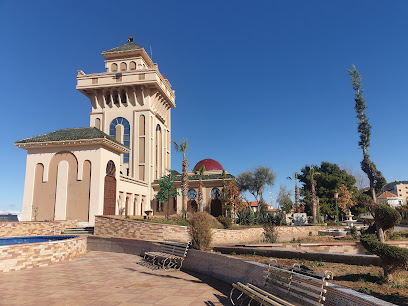
El Ourit Waterfalls
Discover the serene beauty of El Ourit Waterfalls in Tlemcen, Algeria, a perfect natural escape with cascading waters and lush scenery.
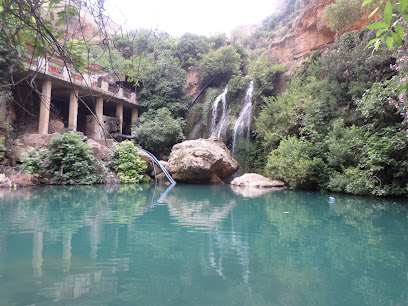
The Remains of Mansura Tlemcen
Explore the ruins of Mansura Tlemcen, a 13th-century city showcasing Algeria's medieval history and Islamic architecture, with a towering minaret.
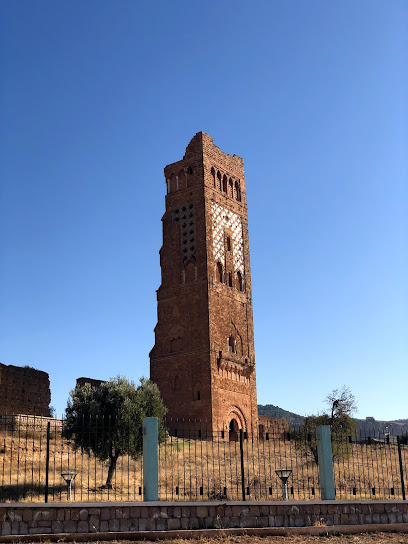
El Mechouar Palace
Explore El Mechouar Palace in Tlemcen, a historic royal residence showcasing centuries of Algerian heritage and Zianid architecture.
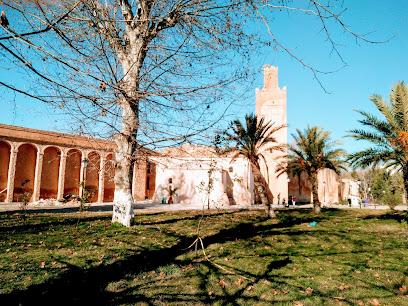
Tlemcen Museum of Islamic Archaeology
Discover Islamic art and history at the Tlemcen Museum, showcasing Algeria's cultural heritage through fascinating artifacts and exhibits.
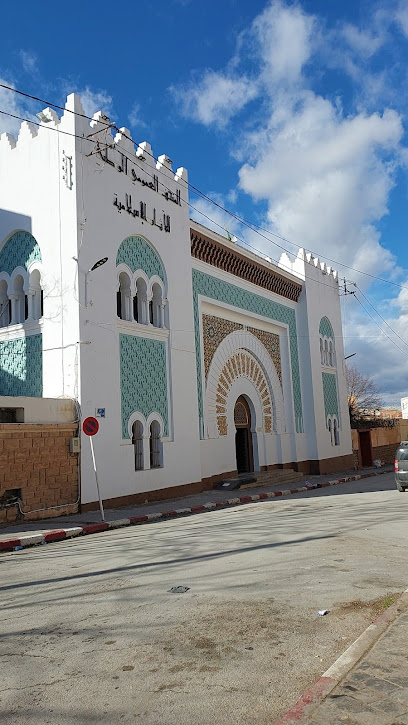
موقع اثري
Explore the historical depths of Tlemcen, Algeria at موقع اثري, a landmark offering insights into the region's cultural heritage and rich past.

الزاوية الشاذلية تلمسان
Discover the spiritual heritage of Tlemcen at الزاوية الشاذلية, a museum dedicated to the traditions of the الشاذلية Sufi order.

الموقع الاثري الجامعي
Explore the historical depths of Tlemcen at the University's Archaeological Site, a window into Algeria's rich cultural heritage.

Unmissable attractions to see
Beni Add Ain Fezza Caves
Explore the mesmerizing Beni Add Ain Fezza Caves: a journey into Algeria's geological wonders and historical depths.
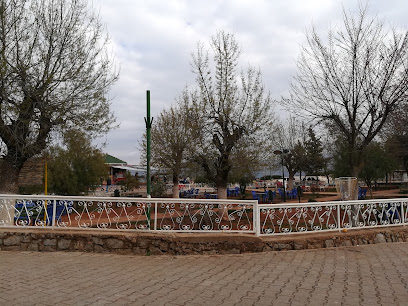
Tlemcen National Park
Discover Algeria's hidden gem: Tlemcen National Park, where stunning landscapes meet rich history and diverse wildlife in a breathtaking natural setting.
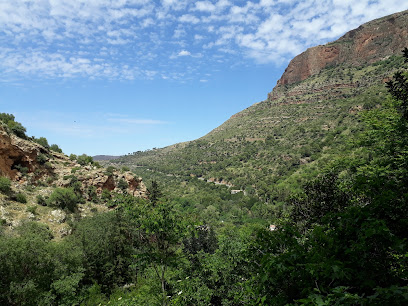
Museum of Art and History The city of Tlemcen
Explore Algeria's artistic and historical legacy at the Museum of Art and History in Tlemcen, showcasing centuries of cultural richness.
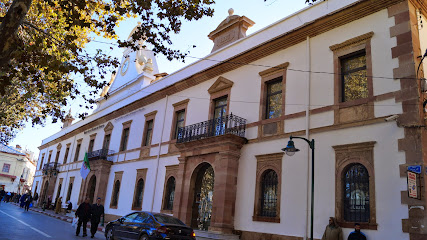
Essential places to dine
L'échappatoire
Experience authentic Mediterranean flavors at L'échappatoire in Tlemcen – a culinary treasure offering delightful dishes in a charming setting.
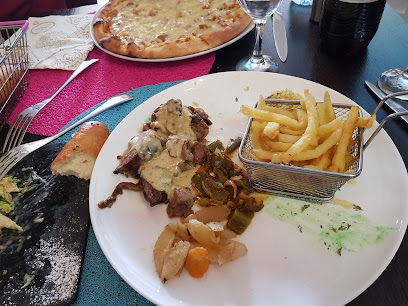
L'équinoxe
Discover exquisite Mediterranean flavors at L'équinoxe in Tlemcen - where every dish tells a story.
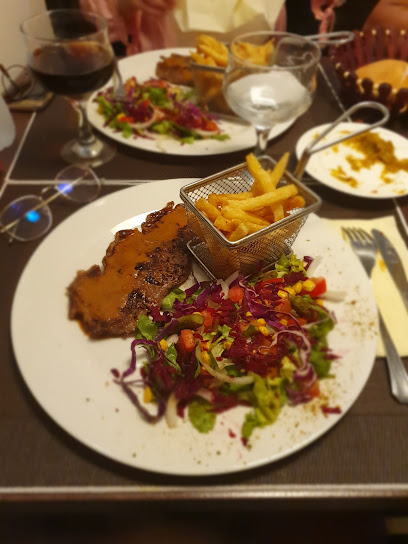
PARADISE
Discover authentic Mediterranean cuisine in Tlemcen at Paradise – where every dish tells a story.
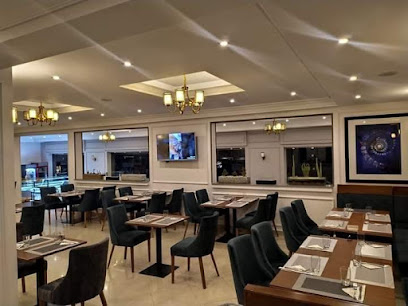
Aranis Turkish Food
Experience authentic Turkish cuisine at Aranis Turkish Food in Tlemcen - where tradition meets flavor!
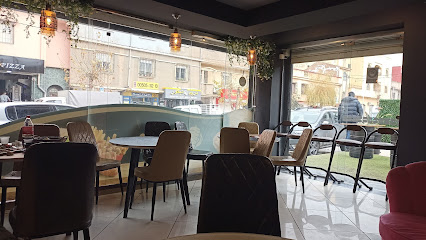
Restaurant Achraf
Experience authentic Mediterranean flavors at Restaurant Achraf in Tlemcen - where every meal is a celebration of taste.
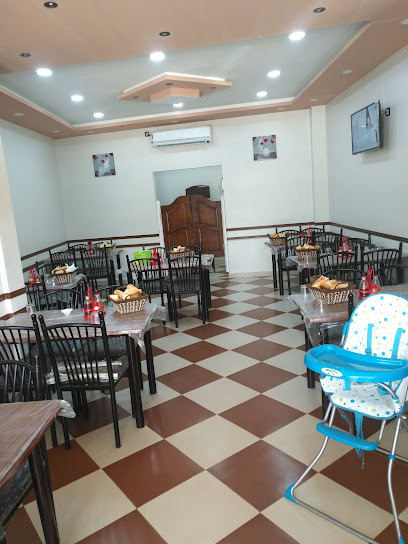
مقهى الفردوس
Experience authentic Algerian cuisine at مقهى الفردوس in Tlemcen - a charming self-service restaurant brimming with local flavors.

Restaurant La Roue Chez Mahi
Discover the rich flavors of Algeria at Restaurant La Roue Chez Mahi in Tlemcen - a culinary haven for food lovers.
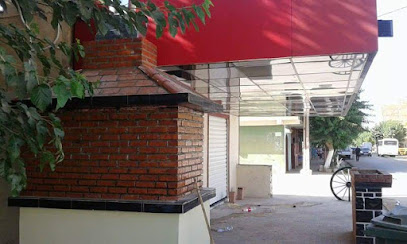
Restaurant DELICIA
Experience authentic Mediterranean cuisine at Restaurant DELICIA in Tlemcen - where every meal is a delightful journey through flavor.
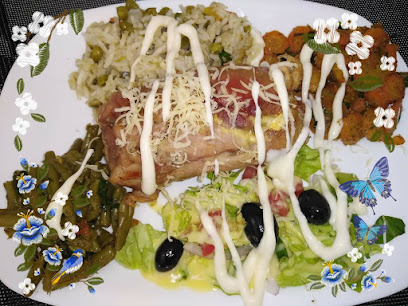
Restaurant la rocade
Discover the flavors of Algeria at Restaurant la Rocade - where fast food meets local culinary traditions in Tlemcen.

Arlunch
Experience authentic Algerian cuisine at Arlunch, where every dish tells a story amidst the charming backdrop of Tlemcen.

Markets, malls and hidden boutiques
King Shop
Explore King Shop in Tlemcen for a taste of local flavors, fresh produce, and a glimpse into Algerian culinary traditions.
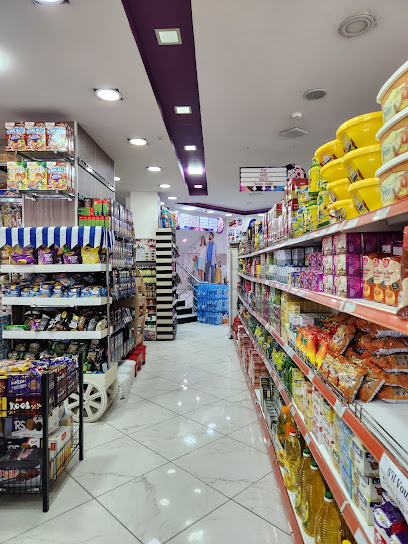
Shopping Queen TLEMCEN
Explore stylish women's fashion at Shopping Queen Tlemcen, a premier clothing store offering trendy apparel and a vibrant shopping experience.
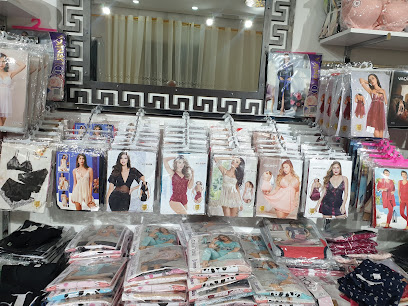
Boutique 16AR
Explore unique fashion at Boutique 16AR in Tlemcen, where local designs meet contemporary styles, offering a memorable shopping experience.

boutique el mejor
Explore Boutique El Mejor in Kiffane for trendy clothing and a unique shopping experience that reflects local culture and style.
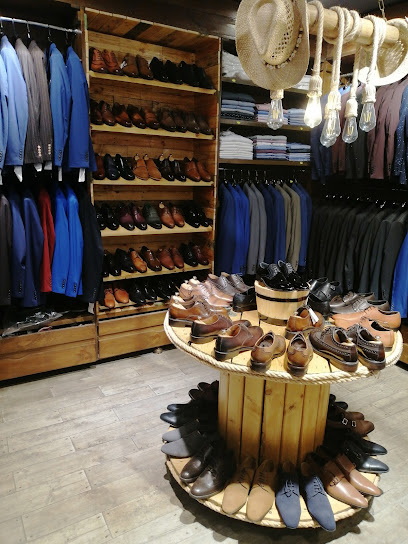
Achra
Discover Achra in Tlemcen for exquisite clothing that reflects the region's rich fashion heritage and contemporary trends.
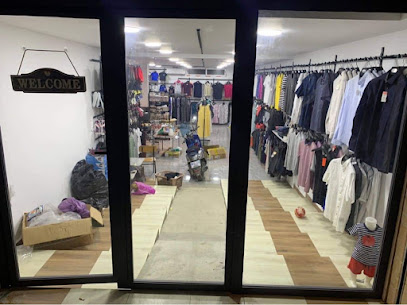
Olala Tlemcen
Explore Olala Tlemcen, the ultimate shopping destination in Tlemcen, blending modern retail with local flavor for an unforgettable experience.

Hiba Boutique
Explore Hiba Boutique in Tlemcen for unique fashion pieces that embody Algerian culture and craftsmanship, perfect for every traveler.
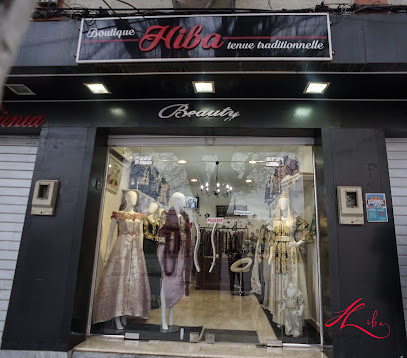
Boutique Sirine
Explore Boutique Sirine in Tlemcen for a unique blend of local fashion and modern styles in a charming boutique atmosphere.
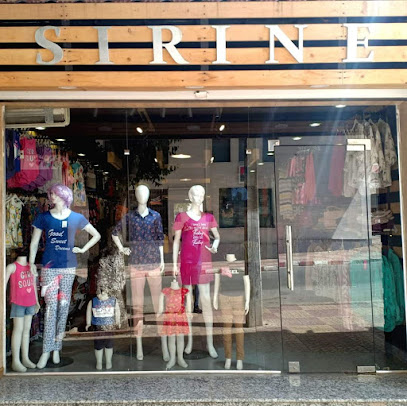
BOUTIQUE JOURIYA
Discover unique fashion accessories at Boutique Jouriya in Tlemcen, where tradition meets contemporary style in a warm and inviting setting.
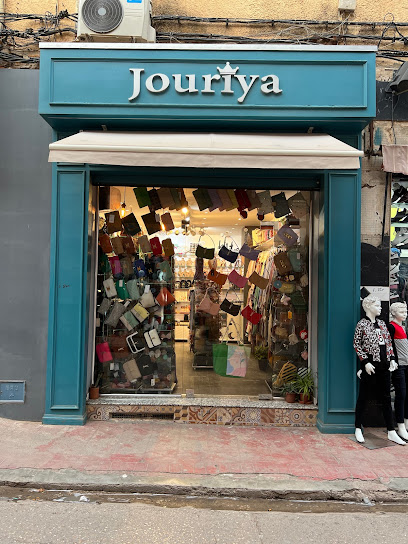
Roi de bijoux
Discover unique handcrafted jewelry and gifts that embody the rich culture of Tlemcen at Roi de bijoux, a charming gift shop in Algeria.

Tlemcen-Les Dahlias
Explore Tlemcen-Les Dahlias - a vibrant shopping haven in Tlemcen, Algeria, offering diverse shops, delicious dining, and cultural experiences.
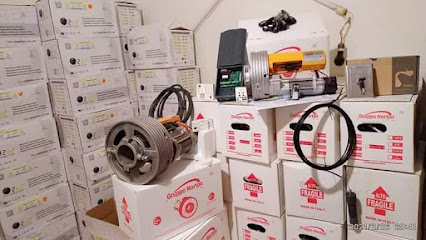
Boutique israa Tlemcen
Explore the latest fashion trends at Boutique Israa Tlemcen, where local style meets modern elegance in a chic shopping environment.
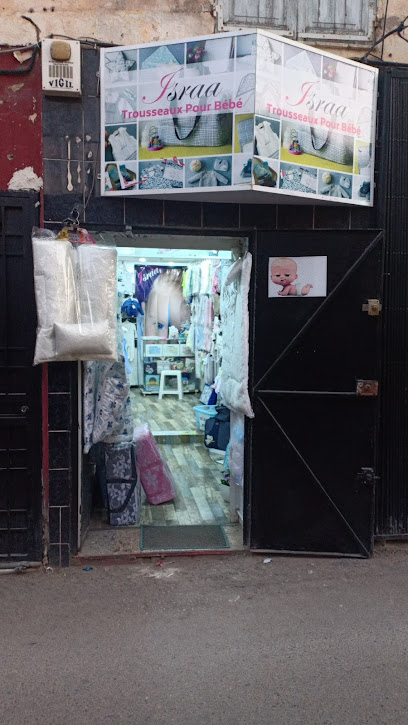
CANARY SHOP TLEMCEN
Explore local culture at Canary Shop Tlemcen, where authentic Algerian treasures await amidst the charm of Tlemcen.

Essential bars & hidden hideouts
L'échappatoire
Experience the vibrant flavors of Mediterranean cuisine at L'échappatoire, a unique dining destination in Tlemcen, Algeria.
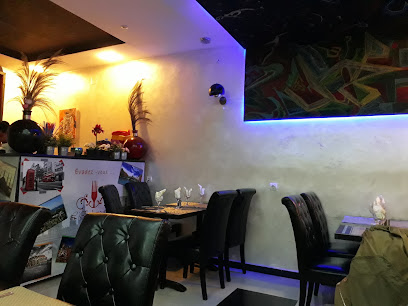
L'équinoxe
Experience the essence of Mediterranean dining at L'équinoxe, a culinary treasure in Tlemcen offering unforgettable flavors and ambiance.
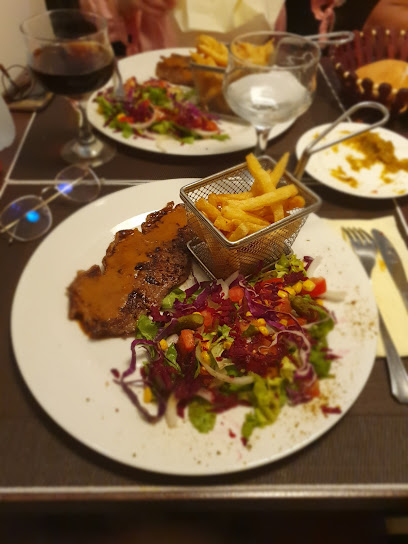
Ambiance Resto Café Hartoum
Explore the delightful culinary offerings of Ambiance Resto Café in Tlemcen, where delicious meals meet a charming atmosphere.
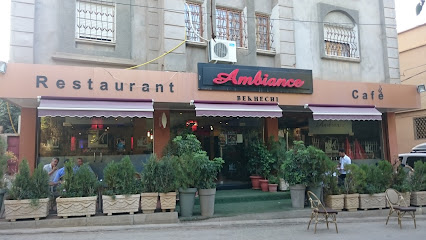
Le Loft
Experience the essence of Mediterranean cuisine at Le Loft in Tlemcen, where delightful dishes meet warm hospitality in a charming setting.
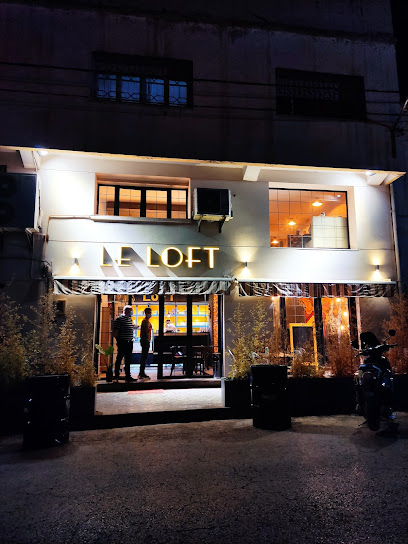
PARADISE
Experience the rich flavors of Mediterranean cuisine at Paradise, a culinary gem in Tlemcen, perfect for tourists seeking authentic local dishes.
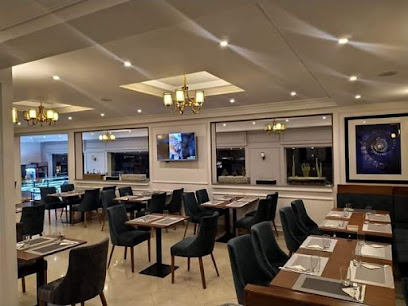
Vintage Burger
Experience the unique flavors of Tlemcen at Vintage Burger, your go-to fast-food spot for delicious and creative burger options.
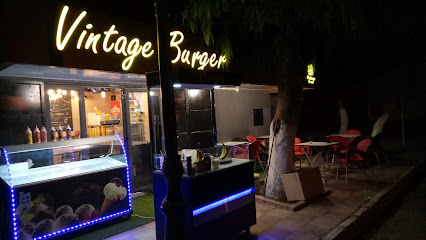
L'InviThé au Café
Discover the charm of L'InviThé au Café in Tlemcen, where exquisite coffee meets local culinary delights in a cozy setting.
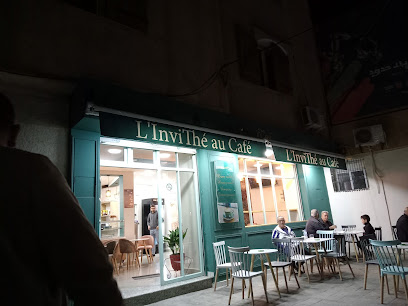
حديقة حيوناات
Experience the vibrant local culture at حديقة حيوناات, a cozy bar in Tlemcen, perfect for relaxation and socializing.

Pro vision
Discover the vibrant atmosphere of Pro Vision, a must-visit pub in Tlemcen offering local drinks and lively entertainment in a charming setting.

Issam attar
Immerse yourself in Tlemcen's vibrant nightlife at Issam Attar, a premier live music bar offering local flavors and unforgettable performances.

Local Phrases
-
- Helloمرحبا
[marhaba] - Goodbyeوداعا
[wadaan] - Yesنعم
[naam] - Noلا
[laa] - Please/You're welcomeمن فضلك
[min fadlik] - Thank youشكرا
[shukran] - Excuse me/Sorryآسف
[aasif] - How are you?كيف حالك؟
[kayfa halak?] - Fine. And you?بخير. وأنت؟
[bikhayr. wa anta?] - Do you speak English?هل تتحدث الإنجليزية؟
[hal tatahadath al-inglizia?] - I don't understandلا أفهم
[la afham]
- Helloمرحبا
-
- I'd like to see the menu, pleaseأريد رؤية القائمة، من فضلك
[uriid ru'ya al-qa'imah, min fadlik] - I don't eat meatأنا لا آكل اللحوم
[ana la aakul al-lahm] - Cheers!في صحتك!
[fi sahtak!] - I would like to pay, pleaseأريد أن أدفع، من فضلك
[uriid an adfa', min fadlik]
- I'd like to see the menu, pleaseأريد رؤية القائمة، من فضلك
-
- Help!النجدة!
[al-najdah!] - Go away!انصرف!
[ansarif!] - Call the Police!اتصل بالشرطة!
[i'tasil bial-shurta!] - Call a doctor!اتصل بالطبيب!
[i'tasil bial-tabib!] - I'm lostلقد ضللت
[laqad dalalt] - I'm illأنا مريض
[ana mareed]
- Help!النجدة!
-
- I'd like to buy...أريد أن أشتري...
[uriid an ashtari...] - I'm just lookingأنا فقط أتفرج
[ana faqat atfaraj] - How much is it?كم سعره؟
[kam si'ruh?] - That's too expensiveهذا غالي جدا
[hatha ghali jiddan] - Can you lower the price?هل يمكنك خفض السعر؟
[hal yumkinuk khafdh al-si'ru?]
- I'd like to buy...أريد أن أشتري...
-
- What time is it?كم الساعة؟
[kam al-sa'ah?] - It's one o'clockالساعة الواحدة
[al-sa'ah al-wahidah] - Half past (10)النصف بعد (10)
[al-nisf ba'd (10)] - Morningصباح
[sabah] - Afternoonبعد الظهر
[ba'd al-thuhr] - Eveningمساء
[masa'] - Yesterdayأمس
[ams] - Todayاليوم
[al-yawm] - Tomorrowغدا
[ghadan] - 1واحد
[wahid] - 2اثنان
[ithnan] - 3ثلاثة
[thalatha] - 4أربعة
[arba'a] - 5خمسة
[khamsa] - 6ستة
[sitta] - 7سبعة
[saba'a] - 8ثمانية
[thamania] - 9تسعة
[tis'a] - 10عشرة
[asharah]
- What time is it?كم الساعة؟
-
- Where's a/the...?أين ال...؟
[ayn al...?] - What's the address?ما هو العنوان؟
[ma huwa al-anaan?] - Can you show me (on the map)?هل يمكنك أن تريني (على الخريطة)؟
[hal yumkinuk an tarini (ala al-kharitah)?] - When's the next (bus)?متى يأتي الحافلة القادمة؟
[mata ya'ti al-hafilah al-qadimah?] - A ticket (to ....)تذكرة (إلى ...)
[tadhkirah (ila ...)]
- Where's a/the...?أين ال...؟
History of El Houria
-
El Houria, like much of Tlemcen, reflects the rich tapestry of Berber and Arab history. The region was initially inhabited by Berber tribes, whose influence can still be seen in local customs and language. Following the Arab conquest in the 7th century, El Houria became a confluence of cultures, with the introduction of Islam leading to significant changes in social structures and architectural styles.
-
During the 11th and 12th centuries, El Houria was under the influence of the Almoravid and subsequent Almohad dynasties. This period saw a flourishing of trade, culture, and the arts. Tlemcen became an important center of Islamic learning and architectural innovation, with structures built during this era showcasing intricate designs that remain a hallmark of the region's cultural identity.
-
In the 16th century, Tlemcen came under Ottoman rule, which brought about changes in governance and local administration. El Houria, being part of this larger administrative framework, experienced shifts in its local power dynamics. The Ottomans established a more centralized form of rule, integrating El Houria into their extensive network of provinces and enhancing its strategic importance.
-
The French colonization of Algeria in the 19th century had profound effects on El Houria. The neighborhood underwent significant transformations as colonial administrative structures were imposed. This period saw the introduction of new architectural styles, urban planning changes, and the displacement of local populations, which altered the traditional lifestyle of the inhabitants.
-
Following Algeria's independence in 1962, El Houria, along with Tlemcen, underwent a process of cultural revival and national identity reconstruction. Efforts were made to celebrate local traditions, architecture, and art, which resonate with the historical narrative of resistance and resilience. The neighborhood has since become a focal point for cultural activities and local festivals, reflecting the vibrant heritage of Tlemcen.
El Houria Essentials
-
El Houria is accessible from various neighborhoods in Tlemcen. If you're coming from the city center, you can take a local taxi or a bus that connects to El Houria. The taxi ride typically takes around 10-15 minutes, while buses may take a bit longer depending on traffic. For those arriving from the Tlemcen International Airport, it is best to take a taxi directly to El Houria, which will take approximately 30 minutes.
-
El Houria is a relatively small neighborhood, making it easy to explore on foot. For longer distances, local taxis are widely available and affordable. Public buses also serve the area, connecting El Houria to other parts of Tlemcen and beyond. Bicycles can be rented from local shops, providing a fun and eco-friendly way to navigate the neighborhood.
-
El Houria is generally safe for tourists, but it is wise to remain cautious, especially in less populated areas. Avoid walking alone at night in poorly lit streets. While there are no specific high-crime areas targeting tourists, it's advisable to keep valuables secure and be aware of your surroundings, particularly in crowded places such as markets.
-
In case of an emergency, dial 17 for police assistance or 14 for fire services. Medical emergencies can be addressed at local hospitals or clinics. It's recommended to carry travel insurance that covers medical expenses. For non-urgent health issues, pharmacies in El Houria can provide over-the-counter medications.
-
Fashion: Do dress modestly, particularly in religious sites. Avoid wearing revealing clothing. Religion: Do respect local customs, especially during prayer times. Public Transport: Do be courteous and offer your seat to the elderly. Don't engage in loud conversations on public transport. Greetings: Do greet locals with a smile and a handshake. Eating & Drinking: Do try local dishes and accept offers of food. Don't waste food, as it is considered disrespectful.
-
To experience El Houria like a local, visit the neighborhood markets where fresh produce and traditional Algerian goods are sold. Engage with local vendors and residents, as they are typically friendly and eager to share insights about their culture. Don't miss the local cafes, where you can enjoy traditional mint tea and pastries while observing daily life.
Nearby Cities to El Houria
-
Things To Do in Tlemcen
-
Things To Do in Oujda
-
Things To Do in Almeria
-
Things To Do in Murcia
-
Things To Do in Alicante
-
Things To Do in Algiers
-
Things To Do in Málaga
-
Things To Do in Fes
-
Things To Do in Chefchaouen
-
Things To Do in Tetouan
-
Things To Do in Gorham's Cave Complex
-
Things To Do in Europa Point
-
Things To Do in Catalan Bay
-
Things To Do in St. Michael's Cave
-
Things To Do in Alameda Botanic Gardens









